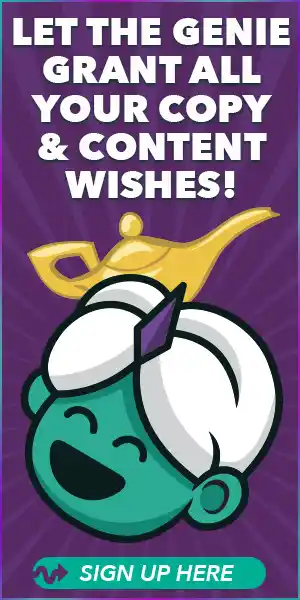 The idea of using artificial intelligence (AI) to write a book is often met with mixed emotions. Some people are excited about the possibilities it brings, while others worry about the moral implications. If you’ve ever felt uneasy about using AI in your writing, you’re not alone.
The idea of using artificial intelligence (AI) to write a book is often met with mixed emotions. Some people are excited about the possibilities it brings, while others worry about the moral implications. If you’ve ever felt uneasy about using AI in your writing, you’re not alone.
A recent conversation I had at a conference in Florida highlighted this dilemma. A woman, who teaches ethics, expressed her discomfort with the idea of using AI to create a book. She believed that relying on AI would make her feel like a fraud, a sentiment that raises the central question: Is using AI to write a book ethical or unethical?
To start, let’s clarify what we mean by “ethical.”
In this context, ethics revolve around beliefs of right and wrong. It’s about whether we’re being honest about the work we present to the world. This woman felt that if she didn’t type every word herself, she wouldn’t be a “real” author.
But here’s the catch: writing has always involved tools – pen and paper, typewriters, and most recently, word processors. So, is using AI different from using spell check or grammar check?
Let’s break it down further.
When you sit down with a word processor, you’re likely utilizing auto-correct features to enhance your writing. Would anyone call that cheating? Most would see it as an effective way to polish their work.
Similarly, tools like Grammarly help ensure that your writing conveys your ideas clearly. No one stands up and screams, “Grammarly is unfair!” Hell, they let you use it in college!!!
So, why should we hold AI to a different standard?
AI can be seen as another tool in a long line of writing aids – one that can help you craft your thoughts faster. Think of it like starting a campfire. If you use lighter fluid and a Bic lighter, is that cheating? Or is it a practical way to achieve your goal? Much like gathering wood and using a lighter to spark a flame, employing AI can expedite your writing process without compromising the authenticity of your voice.
However, it’s crucial to recognize some limits when using AI.
In my opinion, copying and pasting AI-generated content without any input from yourself isn’t cool. This practice often results in something called “midwit content.” What does that mean? Essentially, you’re left with mediocre crap that lacks your unique perspective and insights.
I believe with all my heart that your book should reflect your experiences, stories, and lessons learned – not regurgitated facts from an AI model.
So, how can you use AI ethically?
First and foremost, think of it as a brainstorming partner. AI can help generate ideas, structure outlines, or even formulate sentences that reflect your style. The key is to ensure that your voice remains at the forefront. It’s like having a conversation with a friend who helps you articulate your thoughts better.
 At the end of the day, the content is still yours; you’re simply speeding up the process.
At the end of the day, the content is still yours; you’re simply speeding up the process.
Consider the potential of AI tools like WriteYourBook.ai. Imagine being able to harness the speed and efficiency of AI while still weaving your personal stories and insights into every chapter. This isn’t just about writing faster – it’s about amplifying your ideas, producing a book that resonates with readers, and achieving your goals as an author more quickly than you could without it.
Just like any writing tool, the ethical use of AI comes down to intention.
If your aim is to enhance your creativity and produce authentic content, then using AI is absolutely acceptable. You are not cheating; you’re being resourceful. On the other hand, if you’re attempting to substitute real thought and creativity with pre-manufactured text, that’s where you need your hand slapped.
Bottom line: should you have ethical concerns about using AI to write a book?
For most people, the answer is no.
Thousands of authors, content creators, and entrepreneurs successfully use AI as a writing aid. The benefits of using AI far outweigh the potential drawbacks when approached with the right mindset.
Ultimately, AI is simply a tool – a sophisticated and helpful one, to be sure – but a tool nonetheless. When you use it correctly, you can create an incredible book that showcases your ideas, thoughts, and experiences, all while tapping into the efficiency it offers.
So, the next time you wonder whether writing with AI is ethical, remember: the content is still yours; the stories are your own; and the writing is a reflection of you.
Embrace the innovation, leverage the technology, and let your vision come to life in a book (or anything else) that combines both your unique voice and the powerful capabilities of AI.
The Future of Writing is Here – Will You Be Part of It? Don’t miss out! Sign up for the WriteYourBook.AI Challenge waiting list to explore how AI can revolutionize your book writing journey, ethically and efficiently.
Facebook • Instagram • Twitter • LinkedIn • Pinterest • Podcast • TikTok • YouTube • LinkTree







Leave a Reply